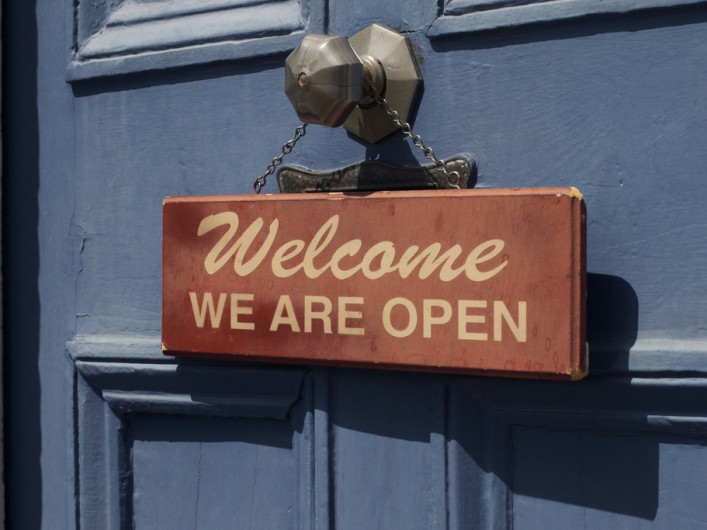
OER16 Open Culture Conference – Open as in Open
In keeping with the ethos of open education, the OER conferences have always made an effort to be as diverse, inclusive and, well, open as possible and OER16 Open Culture is no exception. The draft conference programme has recently been announced and we’re delighted to have accepted 101 papers and panels from 29 different countries.

Bearing the recent #allmalepanels meme in mind, we’re also aware of issues relating to gender balance and diversity and we’re very pleased to have almost 50/50 representation. Of over a hundred lead authors who recorded their gender along with their submission, 49% are female and 51 % male, and our keynotes are similarly balanced.Although the University of Edinburgh is clearly a popular destination for delegates, not all of our presenters and participants are able to travel to Scotland for a wide range of reasons, so we are happy to facilitate remote presentation. One OER16 presenter Maha Bali, associate professor of practice at the Center for Learning and Teaching at the American University in Cairo, has previously written in the Chronicle of Higher Education about her own experiences as a remote conference presenter.
“I am finding more and more conferences willing to accommodate me as a virtual presenter. This is probably happening more to me than other people because of my travel restrictions (mom of a young child living halfway across the world from most conferences I want to attend and where most of my collaborators reside), coupled with my refusal to ignore the potential social capital I can gain from presenting internationally, that is different from everyday online interactions. There are many reasons why a conference might want to welcome virtual presenters (diversity and equity being two)” Hospitality for Virtual Presenters by Maha Bali Chronicle of Higher Education, January 26, 2016
In relation to OER16 Maha also commented:
“Presenting virtually at conferences allows me to have a voice in the field. How often do people in ed tech get to hear the perspective of Arab Muslim women who live in the Arab World? Presenting coupled with virtually connecting conversations allows me to feel more of an equal to my Western peers with whom I collaborate year-round.”
In order to ensure that OER16 is inclusive and accessible, we have aimed to keep the conference fee as low as possible for full delegates. However if cost is a genuine barrier, ALT have a small amount of limited funding available to subsidise registrations for presenters who are students, school teachers, who work in small FE institutions, adult or community education or are members of the public with a special interest in OER. Subsidised places have already been offered to fourteen presenters and applications of funding close on the 6th March.
OER16 also offers many opportunities for remote participation, the majority of which are completely open and free of charge. All five keynotes by Catherine Cronin, Jim Groom, Melissa Highton, John Scally and Emma Smith will be streamed live on ALT’s YouTube channel, and will also be available to view after the conference. There will be a wide range of social media channels including Twitter feeds, blogs, hangouts and internet radio broadcasts, facilitated by the ALT Open Education SIG, Radio #EDUtalk, Virtually Connecting and others, which will enable remote participants to engage with and contribute to the conference. Remote participants will only be required to register their details if they wish to comment on the main conference platform hosted by ALT, although registration will be required, this facility is still free of charge, all other remote participation channels are both free and open, and yes, that really is open as in open.
[Featured image credit: ‘Open is Welcoming’ CC-BY Cogdog https://flic.kr/p/aSjJ8H]
